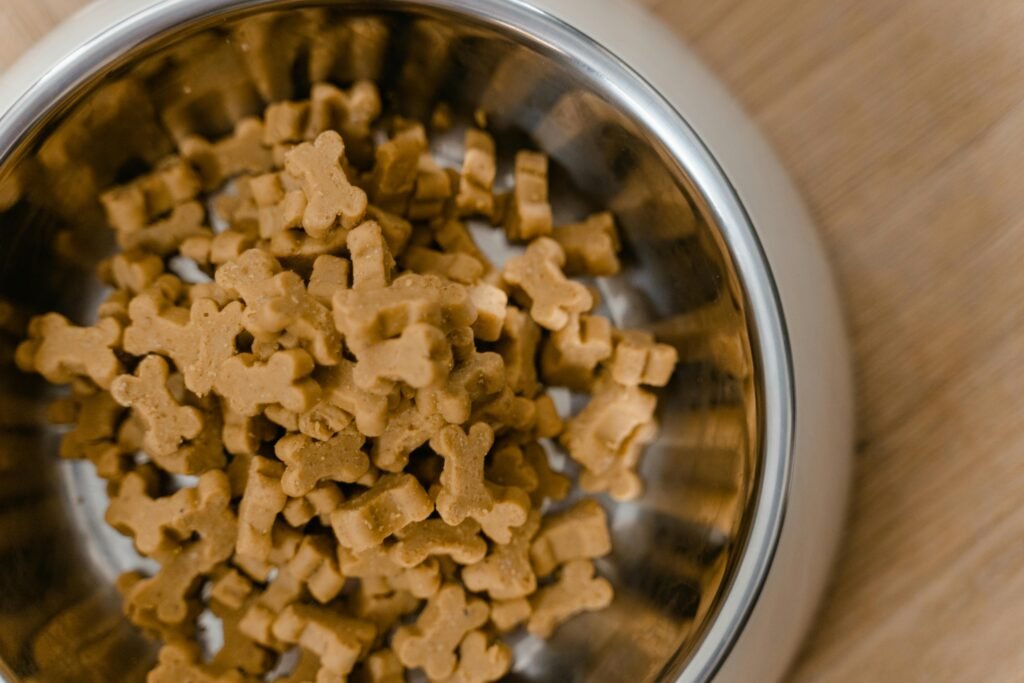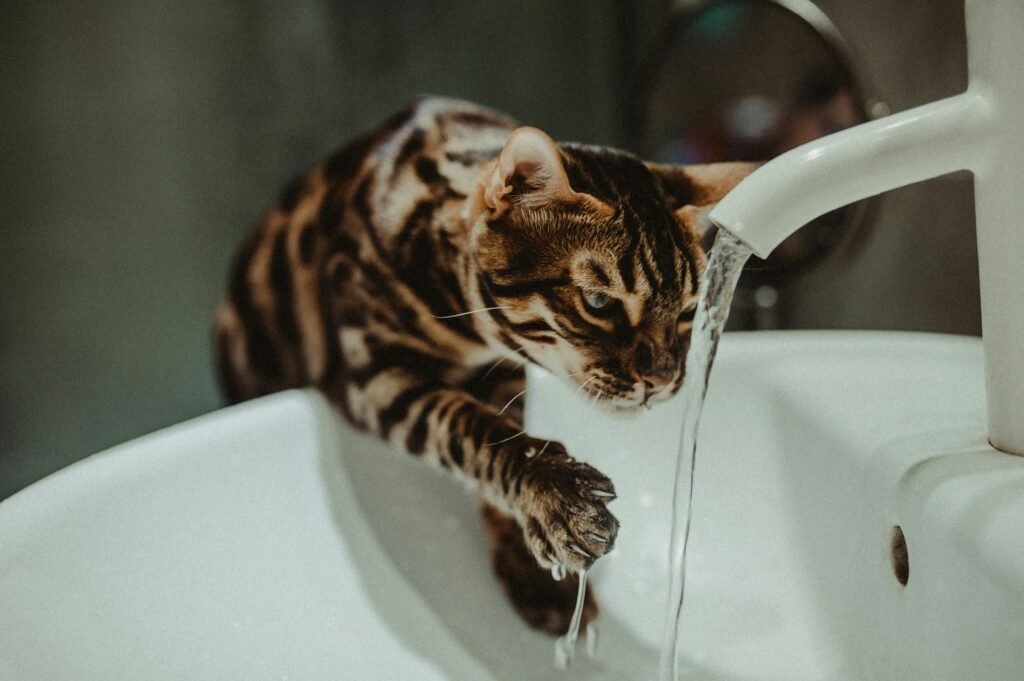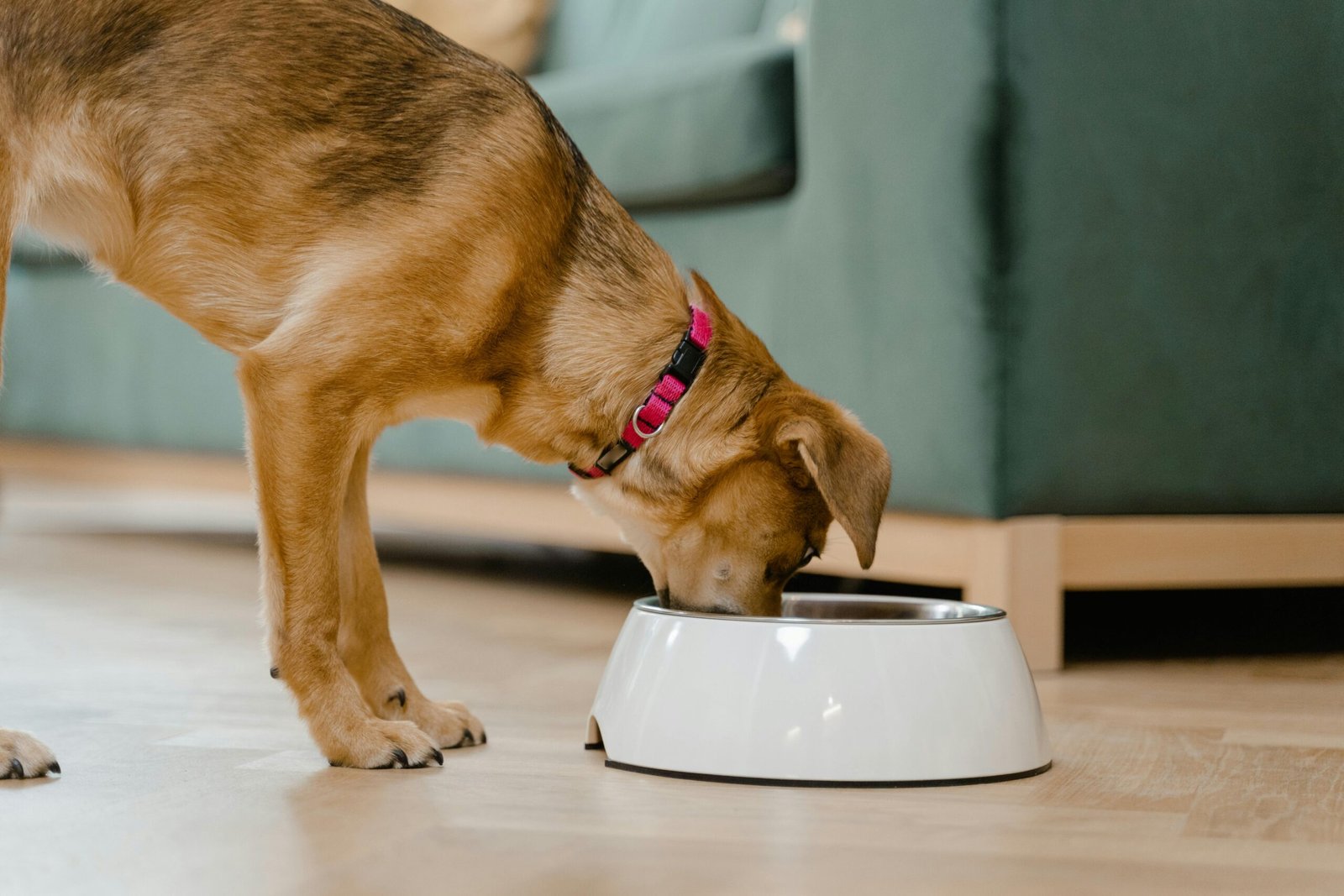Learn how to keep your pets healthy in winter with the right food for dogs and cats. Tips for feeding your pets during the colder months.
Winter and Your Pet’s Diet: Why It Matters
As the winter season rolls in, many pet owners might notice their dogs and cats becoming more sluggish or less active. This can be due to the colder temperatures, which can affect their metabolism and energy levels. Just as we adjust our diets during the winter months to stay warm and healthy, our pets also need some dietary adjustments to thrive during the colder season. In this article, we will explore the types of food that are best for dogs and cats during winter, how to ensure they’re getting the right nutrients, and how to help them stay cozy and active throughout the season.
The Need for More Calories in Winter
One of the first things you may notice during winter is that your pets are hungrier than usual. This increased hunger is natural because, just like humans, animals expend more energy to keep warm in the cold. This means your pet’s body may require additional calories to stay warm and maintain energy levels. For instance, dogs and cats that spend time outdoors in chilly weather will burn more calories to regulate their body temperature.
It’s important to focus on providing a higher-calorie diet during the winter months, but the quality of those calories matters just as much as the quantity. Foods that are rich in proteins, healthy fats, and essential vitamins are ideal. These nutrients help support the immune system, maintain muscle mass, and provide long-lasting energy. For example, incorporating foods like fish, chicken, or lamb into their meals can give them the protein they need to stay strong during the cold weather.
Protein-Rich Diets for Dogs in Winter
For dogs, a protein-rich diet is essential during the winter season. Proteins not only provide the necessary calories to keep them energized, but they also help maintain lean muscle mass, which can be more vulnerable during colder months. High-quality protein sources such as chicken, turkey, beef, and fish should be incorporated into your dog’s winter meals. Fish, in particular, is rich in omega-3 fatty acids, which promote healthy skin and fur — an essential consideration during the winter when dry air can cause your dog’s coat to become brittle and flaky.
It’s also a great idea to provide your dog with foods that contain easily digestible proteins, as these can be more beneficial for their overall health and comfort. Additionally, winter-specific dog foods often contain additional fats and oils, which are not only calorically dense but also great for providing the warmth your pet needs to stay comfortable in cold weather.

Cat’s Nutritional Needs During Winter
Cats, much like dogs, may also require extra calories in winter. However, cats are obligate carnivores, meaning their diet should be composed primarily of animal proteins. A winter diet for your cat should consist of high-quality meats such as chicken, turkey, and beef, as well as fish. These protein sources not only help keep your cat energized, but they also play a crucial role in maintaining their immune system and overall health.
Additionally, just like dogs, cats benefit from healthy fats in their diet, which can help them stay warm. The colder months can leave your cat’s coat looking dull, and fatty acids like omega-3 and omega-6, found in certain types of fish, can help combat dry skin and promote a shiny, healthy coat.
Hydration: Don’t Forget the Water Bowl
While food plays a significant role in your pet’s winter health, hydration is just as important, especially in the colder months. Many pet owners assume that since pets are less active in winter, they may not need as much water, but that’s not the case. Just like humans, pets need adequate hydration year-round, even when it’s chilly outside.
In winter, the dry indoor air caused by heating systems can lead to dehydration if pets are not drinking enough water. Ensure your pet has access to fresh, clean water at all times. If your dog or cat is reluctant to drink, you can also add wet food to their diet to help boost hydration. Many premium canned pet foods are available, offering both high nutritional value and extra moisture to support hydration during the colder months.

Winter Treats and Snacks: Healthy Options for Pets
When the temperature drops, it’s easy to want to pamper your pet with special treats to keep their spirits high. Winter-themed treats can be a fun way to boost their mood, but it’s essential to choose healthy options. For dogs, you can try baking homemade dog biscuits with ingredients like pumpkin, sweet potatoes, and oats, all of which are not only delicious but packed with nutrients. These treats are rich in fiber and vitamins that help keep your pet’s digestive system healthy.
For cats, you can offer small pieces of cooked chicken or tuna as a special treat. Be sure to avoid feeding them any treats that are high in sugar or unhealthy fats, as these can contribute to obesity, particularly in less active winter months. Moderation is key, as too many treats could disrupt your pet’s balanced diet and lead to unwanted weight gain.
How to Adjust Your Pet’s Diet Based on Activity Level
Just as humans adjust their calorie intake depending on activity levels, pets also need their meals modified if they are more or less active. If your dog or cat enjoys winter walks or outdoor play, they may need additional calories to fuel their energy. On the other hand, if your pet tends to stay inside more often, you can reduce the portion sizes slightly to avoid overfeeding.
For pets that are less active during winter, you might want to reduce the number of treats and adjust their meals to ensure they don’t gain excess weight. Always monitor your pet’s body condition and consult with your veterinarian to ensure they are maintaining a healthy weight.
Conclusion: Keep Your Pets Happy and Healthy This Winter
Winter can be a cozy time for pets and their owners, but it also requires some thoughtful adjustments to their diet. By focusing on high-protein, calorie-dense meals, keeping them hydrated, and offering special winter treats, you can help your dog or cat stay healthy and happy through the colder months. Additionally, always make sure to consult with your veterinarian to ensure your pet’s specific needs are met, as individual pets may have unique requirements.
With the right care and attention, your pets will enjoy the winter just as much as you do!
